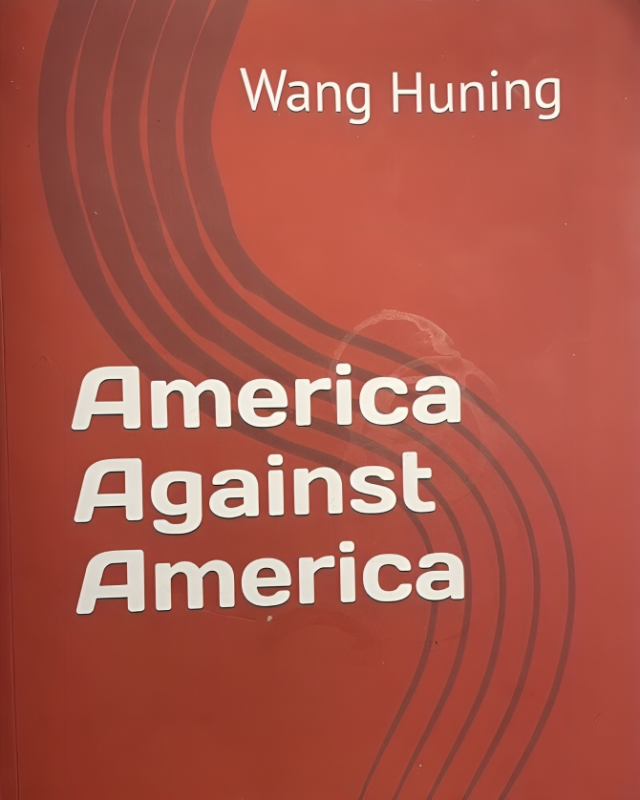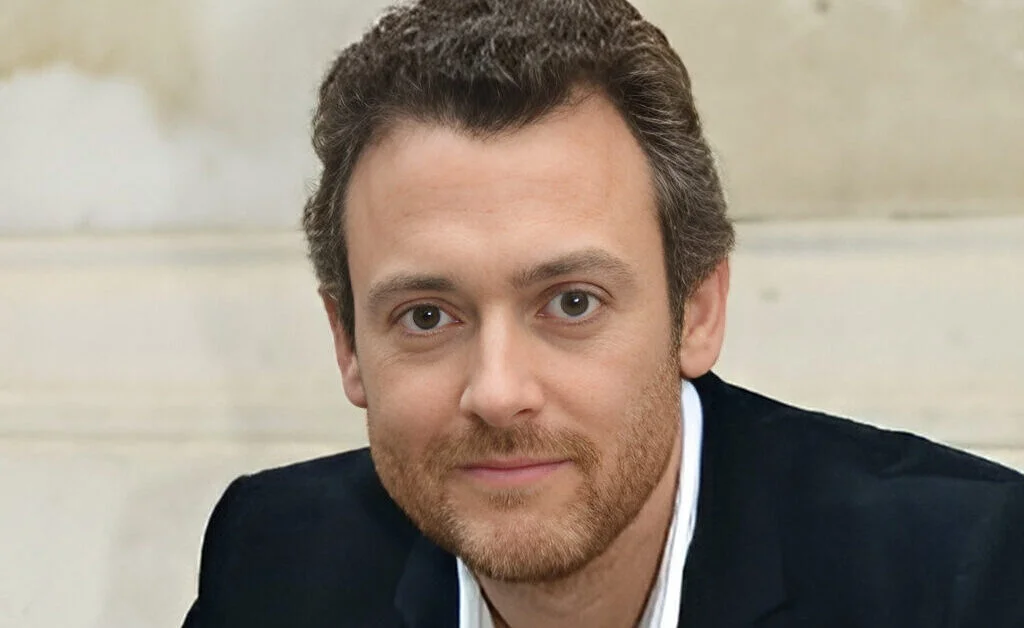Richard Sullivan, Professor of Cancer and Global Health at King’s College London, shared a post on LinkedIn:
“Wang Huning’s seminal examination of American society recognized that ‘the politics of any society cannot be examined in isolation from its economic model.’ Over the last two decades, China has rapidly built significant global health and development assets from both a technological perspective and wider multilateral engagement.
The rise of immuno-oncology R&D in China (see) reflects both domestic needs and a wider global ambition for cancer. The Institute of Development Studies and King’s College London recently examined the UK’s relationship with China in the global health space (see). China’s complex, evolving role in global health, and the global challenges to health – pandemics, AMR, etc – require multilateral solutions.
Yet the world is becoming more fragmented and contested. ‘Progressive realism’ will be needed to bridge widely different political perspectives with the brutal economic reality of global health. Insufficient funding for global replenishments, new vertical initiatives (AMR, etc.), and debt and liquidity challenges are draining domestic health financing for many countries. Understanding where our priorities for engagement lie and building our capability to engage effectively is critical.”

Richard Sullivan is a Professor of Cancer and Global Health at King’s College London, where he directs the King’s Institute of Cancer Policy and co-directs the Conflict and Health Research Group. His research spans from global cancer studies to conflict and health, with a focus on capacity building in conflict zones, humanitarian medicine, women’s health, and digital innovation in surgery.


